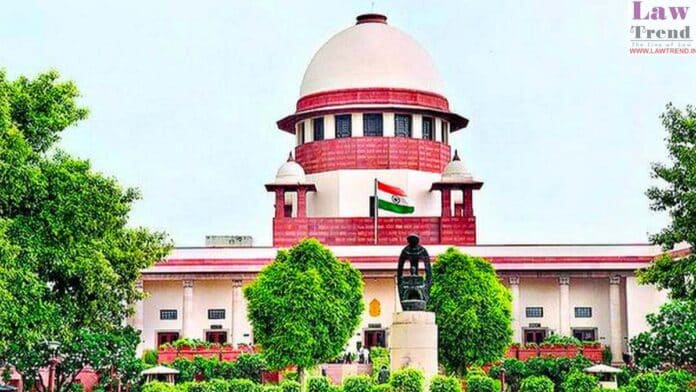In a landmark judgment delivered on September 24, 2024, the Supreme Court of India upheld the principle that agreements for sale which include a transfer of possession constitute a conveyance under the Maharashtra Stamp Act, 1958, and are subject to full stamp duty at the time of execution. The Court dismissed the appeal of Shyamsundar
To Read More Please Subscribe to VIP Membership for Unlimited Access to All the Articles, Download Available Copies of Judgments/Order, Acess to Central/State Bare Acts, Advertisement Free Content, Access to More than 4000 Legal Drafts( Readymade Editable Formats of Suits, Petitions, Writs, Legal Notices, Divorce Petitions, 138 Notices, Bail Applications etc.) in Hindi and English.




